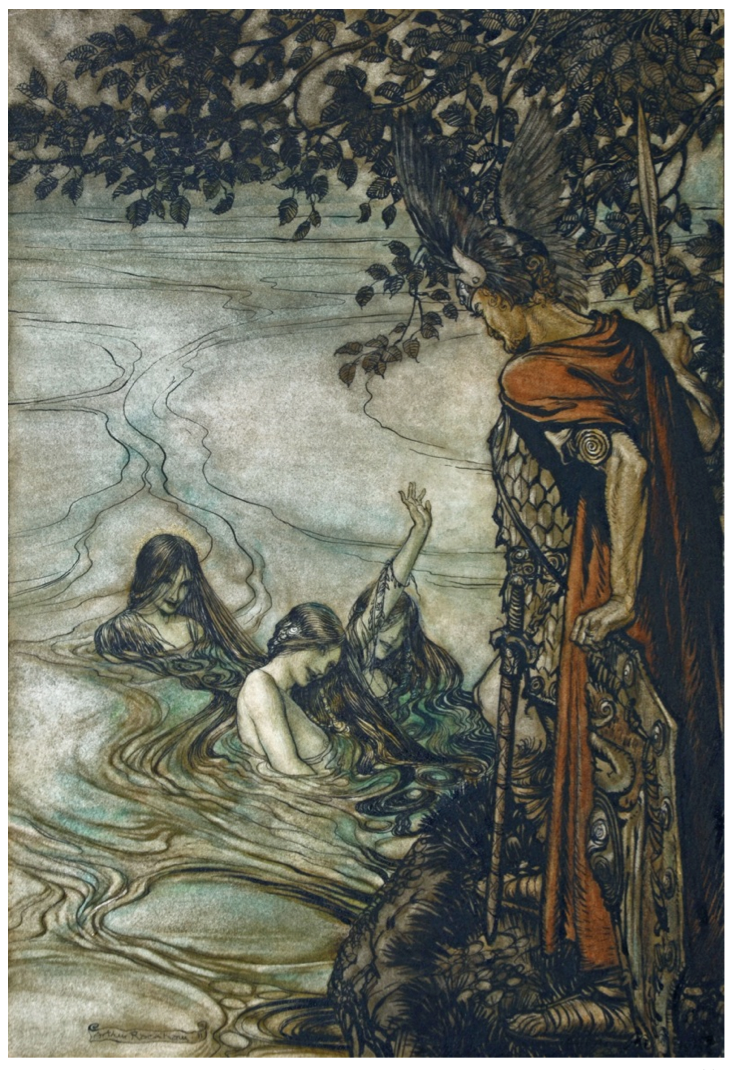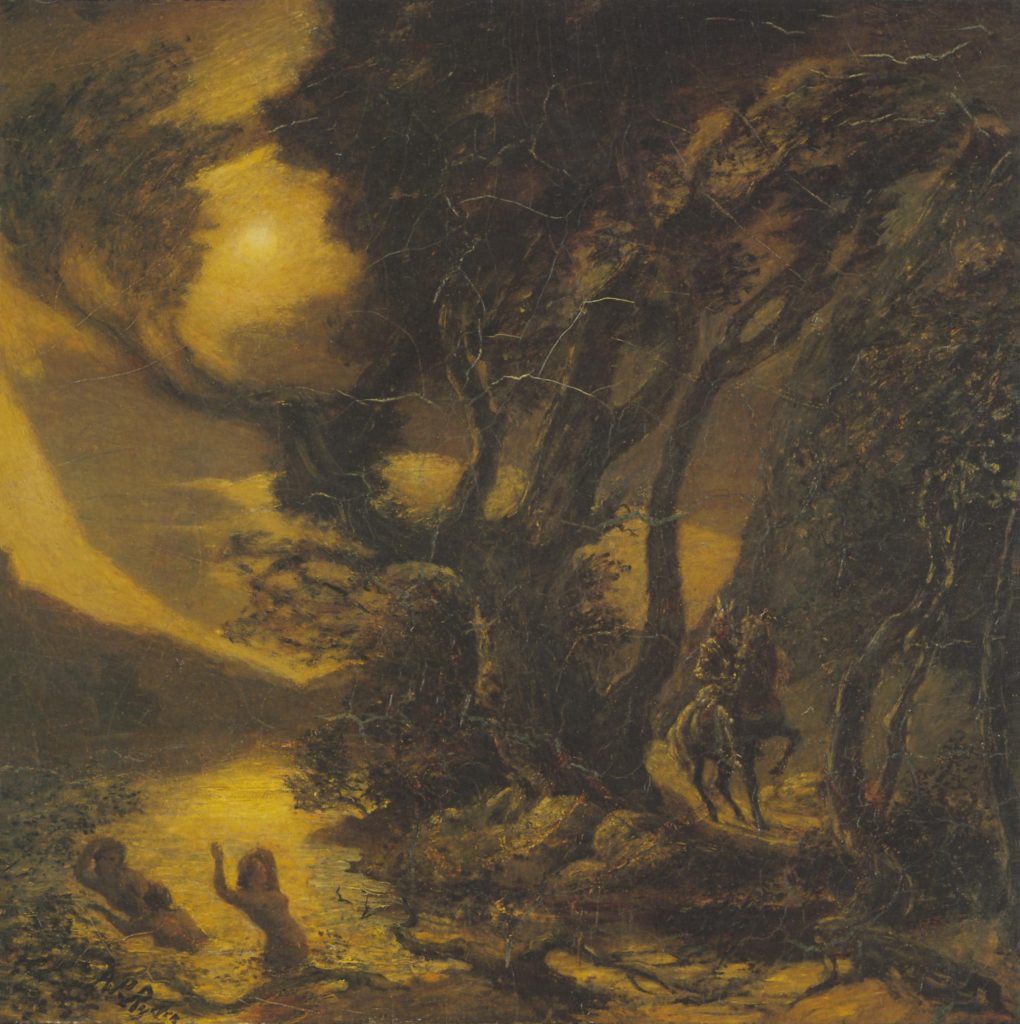For a couple of months I’ve been waiting for a journal posted in August, and yesterday it arrived in my letterbox: Eleven Eleven, Issue 19, a Journal of Literature and Art produced by the California College of the Arts. I was surprised at the size of it, about half an inch thick, 256 pages of stories and poetry and art, some in colour.

The editors had published two stories I translated from a collection by Jean Lorrain: ‘Princess Mandosiane’ and ‘Queen Maritorne’, and sent me a copy by way of payment. Seeing the stories in the journal was pretty special, and knowing that readers will have to go out and buy it gives the experience an edge.
But even being published in a free online magazine earlier this year was, I have to admit, a thrill! Another one of Jean Lorrain’s stories, ‘Madame Gorgibus’, was published in Intranslation, part of The Brooklyn Rail, ‘an independent forum for arts, culture, and politics throughout New York City and beyond’. I was so glad to read that last word, my home being far far away from New York. Indeed, I’m very grateful to American magazines that welcome submissions from Australia, from the back of beyond (well not quite), since there are virtually no journals here that would take my translations.
What opportunities there are for writers in this electronic world!
*****





